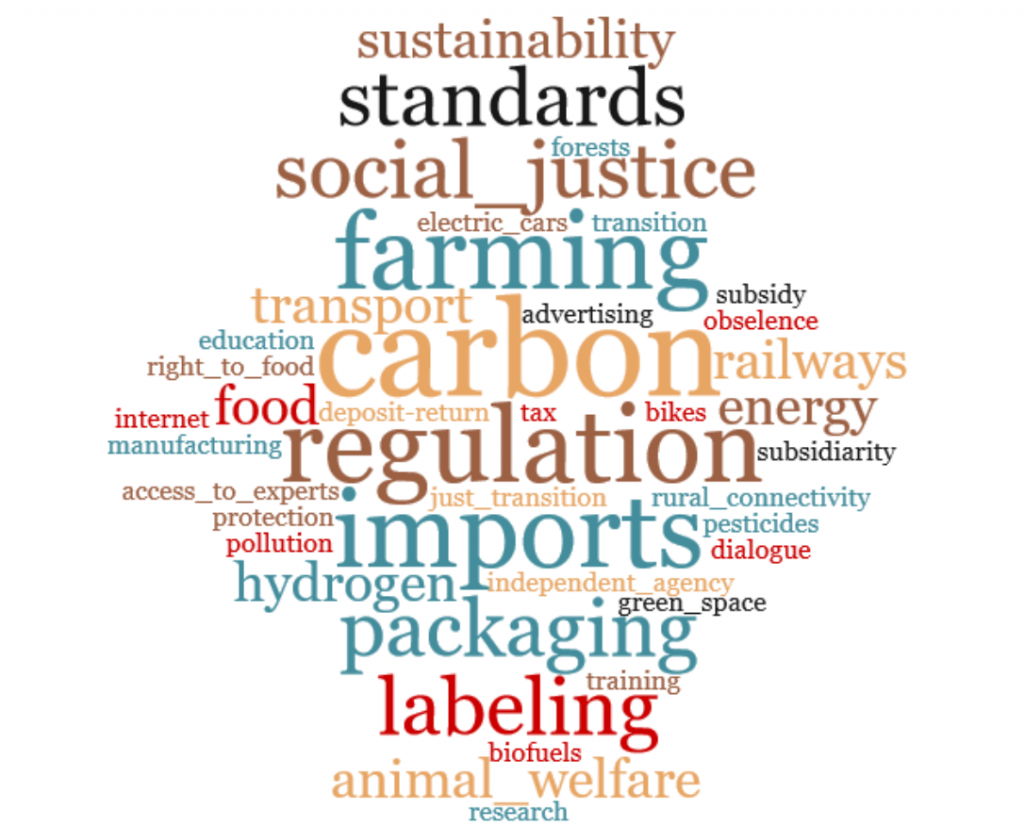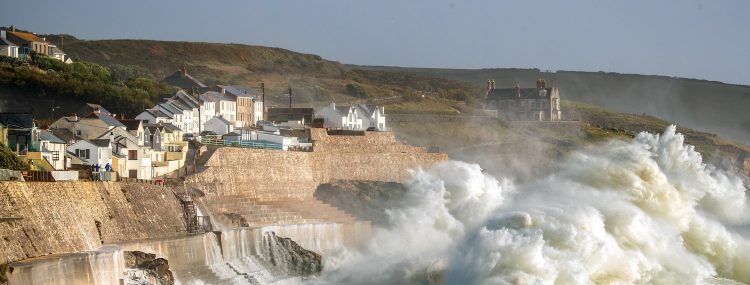In this article, “Britain’s tax delusion”, the ‘Statesman identifies that the UK is not overtaxed, that taxing non-doms and imposing VAT on school fees will raise trivial amounts of money and that the clawback of child benefit has a disincentive on the supply of effort. It is silent on the clawback of the personal allowance which does the same, and fails to substantiate its arguments on income and wealth equality by not quoting the gini coefficient or any altenrative statistics, or facts as I like to call them.
… creates a system that is not just dysfunctional but profoundly inequitable, in which the average effective tax rate paid by those earning more than £10m a year is lower than that of most nurses. In 1845, Benjamin Disraeli wrote of England’s division into “two nations”: the rich and the poor. Today, the gulf between Asset Britain and Austerity Britain is as wide.
Since both major parties identify growth as the answer, we need to ask how they think it’ll happen, the three sources of growth are investment (private or public), government expenditures (i.e. the deficit), or exports (and we know why they’re fucked).
The challenge for Western democracies is to provide for that spending while encouraging investment and job creation. It is a challenge that Britain is failing. Instead, the UK’s tax system is quietly managing our economy towards disaster.
Business taxation does not encourage investment; the UK’s investment rate is low by international comparison.
Growth strategies must only be pursued in the context of combatting climate change. So a new coal mine is not a good idea.
Modern economists argue that investment in human capital is a priority as an incubator of growth. Even those politicians who agree are silent in the face of monetarist orthodoxy which requires continued austerity. After 13 years you’d think they’d have learnt, but it seems not.
Image Credit: from asb.org.uk , cropped. Fair use as it has no economic impact on the original publisher. …




